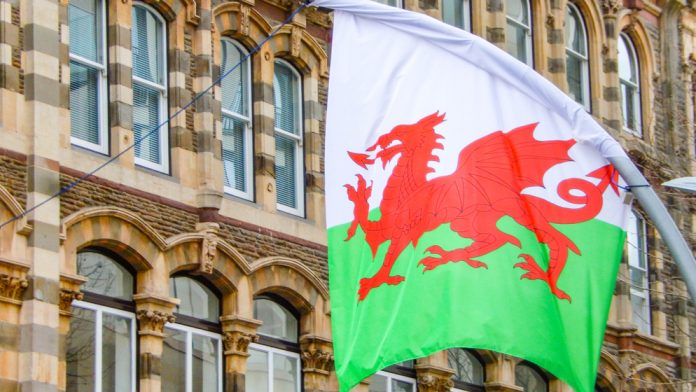The Betting and Gaming Council has reiterated its belief that the government must provide a ‘necessary package of financial support’ for businesses affected by new coronavirus restrictions, following confirmation that Wales will enter a ‘time-limited firebreak’.
The new measures, which were announced by First Minister of Wales, Mark Drakeford, will come into place at 6pm on Friday and will last for 17 days. This means that Wales will revert back to the first wave of lockdown restrictions which were introduced back in March.
As a result of the new measures, 366 betting shops will close along with non-essential retail, leisure and hospitality businesses – including casinos, restaurants and pubs – with people encouraged to ‘work from home wherever possible’ with the exception of essential workers.
The BGC responded to the new measures on Twitter by posting: “Following @MarkDrakeford’s announcement of a 17-day #COVID19 lockdown in Wales, the BGC is urging the Government to come up with the necessary package of financial support for businesses affected, including 366 betting shops and three casinos employing 2,000 people between them.”
Drakeford revealed that there will be a £300m economic resilience fund to support businesses during the lockdown period. Through the fund, every business covered by the small business rate relief will receive a £1,000 payment. Small and medium-sized retail, leisure and hospitality businesses will also receive a one-off payment of up to £5,000.
Following @MarkDrakeford‘s announcement of a 17-day #COVID19 lockdown in Wales, the BGC is urging the Government to come up with the necessary package of financial support for businesses affected, including 366 betting shops and 3 casinos employing 2,000 people between them.
— Betting and Gaming Council (@BetGameCouncil) October 19, 2020
Last week, betting shops and casinos across Lancashire and Merseyside were forced to close their doors after the regions entered into tier 3 of England’s new lockdown system.
The measures have affected approximately 100 betting shops in the Lancashire region and a further 350 betting shops and six casinos in Merseyside.
Last week, Michael Dugher, CEO of the BGC, hit back at the decision to close casinos, betting shops and adult gaming centres across Lancashire, highlighting that it will result in ‘huge’ economic damage.
Dugher claimed there was no evidence that bookies and casinos – which have followed all of the anti-COVID public health guidelines introduced since the start of the pandemic – had contributed to the spread of the disease.
He insisted: “We understand the Government’s need to tackle COVID, but they must balance that with the need to protect jobs. From the beginning of the pandemic, betting shops and casinos have played their full role in the national effort to tackle this virus.
“It is therefore hugely disappointing that as they are starting to get back on their feet again, those venues in Merseyside and Lancashire have had the rug pulled from under them by the Prime Minister.
“And given the inconsistencies between the approaches in Liverpool and Lancashire when it comes to gyms and leisure centres, it gives the impression that ministers don’t care about jobs in betting shops and casinos.”
Dugher’s arguments have been backed by advice from the government’s Scientific Advisory Group for Emergencies (SAGE), which has previously described non-essential retail as having a relatively low impact on the spread of coronavirus.
Greater Manchester’s political leaders are understood to be taking part in a meeting with Communities Secretary Robert Jenick at 3pm today as Greater Manchester and the government continue to try and reach an agreement on tier 3 measures.
It comes after councillors and MPs across the country urged the government to provide additional financial support for businesses forced to close, thus placing swathes of workers on furlough.
Downing Street has remained firm on its decision to offer a 67 per cent furlough pay for those unable to work due to the new restrictions, which MPs and councillors across the north have emphasised will decimate the hospitality and leisure industries.
If such measures do come into force in Greater Manchester, it is expected to affect approximately 400 betting shops – which contribute £54m to the Exchequer in tax and £12.5m to racing in the form of levy and media rights payments – marking a significant blow to the industry looking to recover from the effects of the first lockdown.













